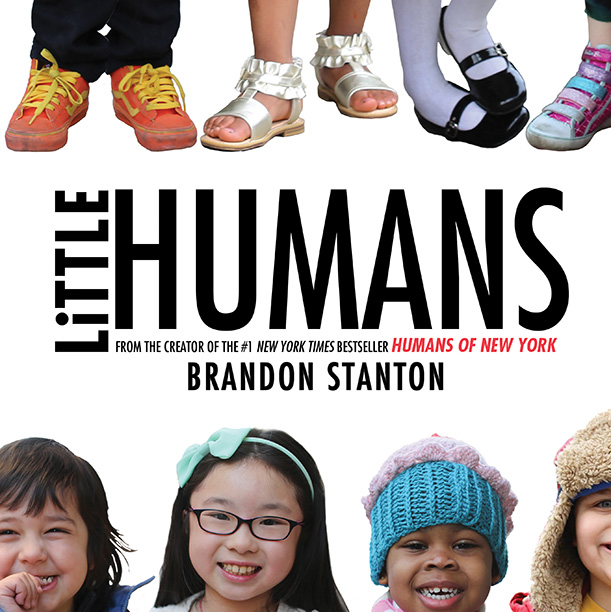Kids say the darndest things. Sometimes it’s funny, sometimes it’s a curse word (oh, that’s just my kid? Never mind . . . ), sometimes it’s accidentally offensive. But what do you do when it’s REALLY offensive? What if it’s racist?
Let’s back-up a second. My kids will have infinitely more privilege than me. I’m talking about privilege in the context of social inequality as written about by W. E. B. Du Bois and Peggy McIntosh. Their privilege, like growing up in a two parent household in a home we own, will afford them opportunities far beyond what I could imagine for them. This may seem awesome, like why am I complaining about this? But having privilege also means being in a social position of not having to acknowledge it or work towards a more equitable social society. I think we can agree that kids who become adults lacking self-awareness and affection for change are not “awesome.”
As you might guess, this weighs heavy on me. So, when my two-year-old said something that sounded like a racial slur in a crowded restaurant, you’d think that I had the best educational and thoughtful response ready. NOPE! I froze. The exact opposite reaction that I had wanted for myself. And for her! I was disappointed. How could I be so unprepared? And, where did she learn that?!
My husband and I quietly brainstormed on the way home from the restaurant while Ro busied herself with the iPad. Before bed, I warmly suggested we read a book and purposefully chose Little Humans, which features photos and portraits of lots of different kids doing lots of different things. It was written and photographed by the guy behind “Humans of New York.” I spent a little extra time on pages of kids who don’t look like Ro. “Awe, they are hugging. Do you think they are brothers? You have two brothers!” “Can you dance like them?” “What a good helper he is!” And I carefully gauged her reaction: moot, nothing other than her normal chatter and enthusiasm. I felt a small wave of relief but also knew this was just the beginning of an evolving conversation. An age-appropriate book now is not the same as untangling systematic oppression and incorrect history text books later.

As parents, the list of “things to be prepared for” is overwhelming. My head is overrun with the everyday preparedness like making sure the diaper bag has all three sizes of diapers we need to the long-term like making sure my daughter survives adolescence with a positive body image. I’m told this last part begins with my own inner-dialogue and self-love. More to prepare and execute on! See, the list really is never ending.
We can be prepared for a lot of things, but it’s even harder when being prepared means confronting and unpacking one’s own privileges and biases, while also learning about and accepting as reality other people’s life experiences and challenges. Understanding intersectionality is key but can be laborious and painful. Also, very worthwhile.
I don’t know if we did the right thing that day. I don’t even know for sure my daughter said what I thought I heard. Some will say I overreacted, but maybe others will say I under-reacted? What I do know is that we need to do more unpacking and education. We need to be prepared with responses and resources for questions or comments as our kids grow up. We need to diversify our friends and daily scenery. I can’t help but consider the ironic timing of our scenario, given our country’s tumultuous political climate among other struggles we’re facing as a nation. It is moments like this where I hope the most privileged of us can look inward and then act positively outward. That would make for some awesome adults.
How are you discussing race and privilege with your kids? Please share your ideas and any great resources for furthering the conversation!











This not knowing or being prepared is real for many people. I find the resources on this website, http://www.raceconscious.org, helpful.
That is a fantastic resource! I’ve definitely bookmarked it 🙂 Thank you for sharing Jennifer!